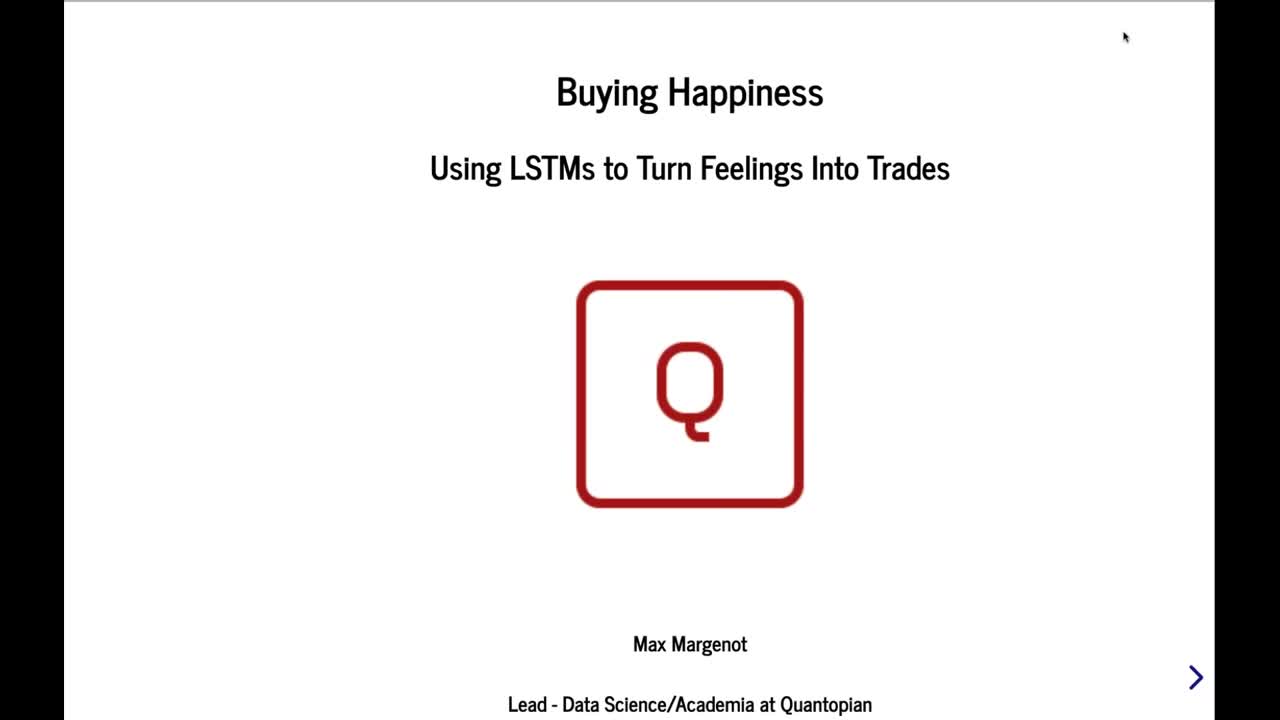Pular para o conteúdo principal





Relacionado
case study
Leveraging Data for Better Risk Assessment at AXA XL
To properly assess risk and reward, AXA XL leverages natural language processingwhite paper
Insights from Data Leaders
Distilled insights on data transformation from data science thought leaderswhite paper
Insights from Data Leaders
Distilled insights on data transformation from data science thought leaderswebinar
Deep Learning in Finance
Get an insider’s account of deep learning in finance.webinar
Webinar | AI, Finance, and Algorithmic Trading
Investigate how AI, ML, and data science impact finance and algorithmic trading.webinar
Machine Learning for Investment Finance
Discover the common use cases for machine learning in investment finance.Join 5000+ companies and 80% of the Fortune 1000 who use DataCamp to upskill their teams.
Loved by thousands of companies

